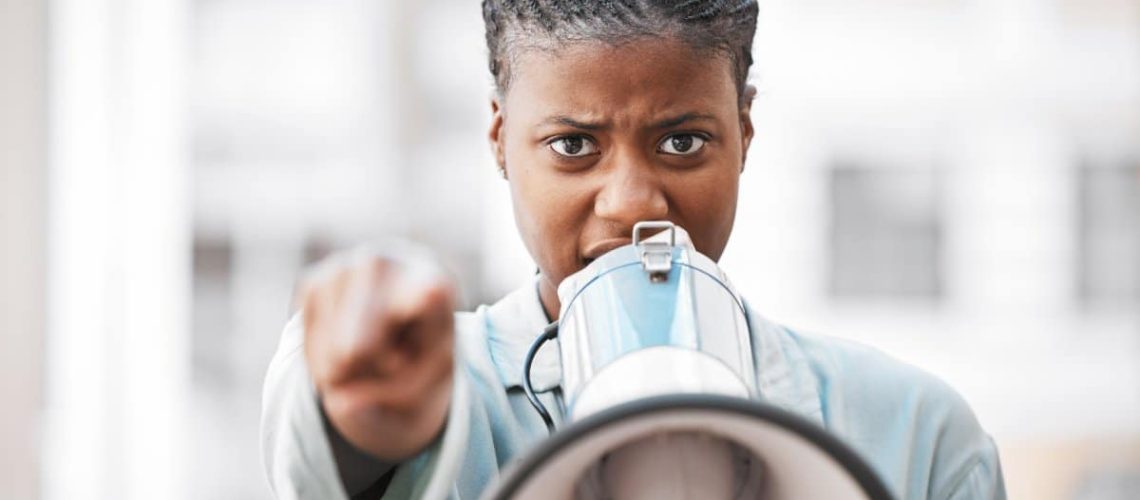Ever wonder who’s really getting left behind in America’s grand narrative of progress and equality? Here’s a look at the overlooked voices struggling just to be heard.
1. Native Americans
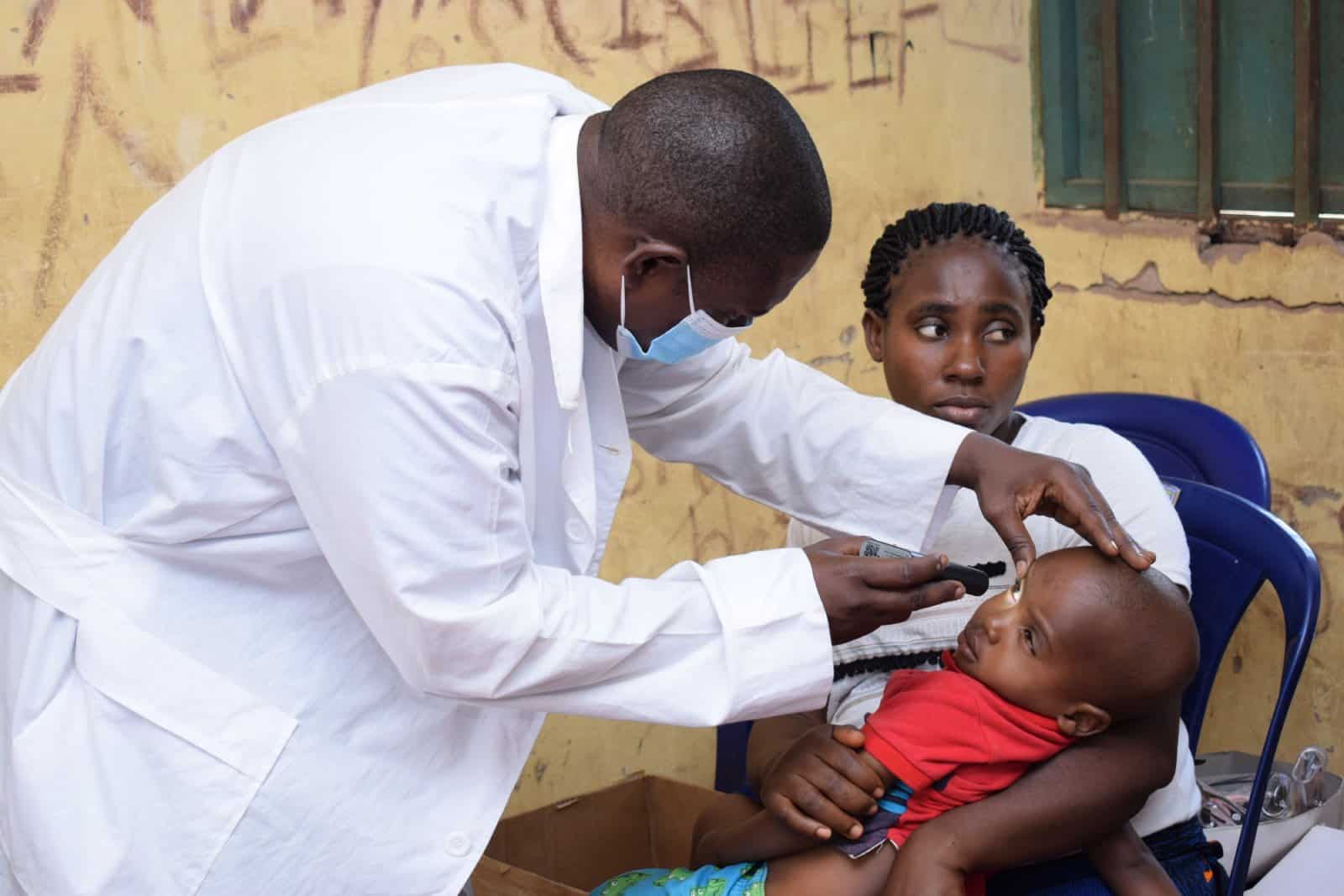
Despite being the original inhabitants of this land, Native Americans continue to face significant challenges, including higher rates of poverty and lower health outcomes. According to the U.S. Census Bureau, about 26% of all Native Americans live in poverty, almost double the national average. Their struggles with land rights and limited access to healthcare remain critical issues that demand attention.
2. African American Fathers
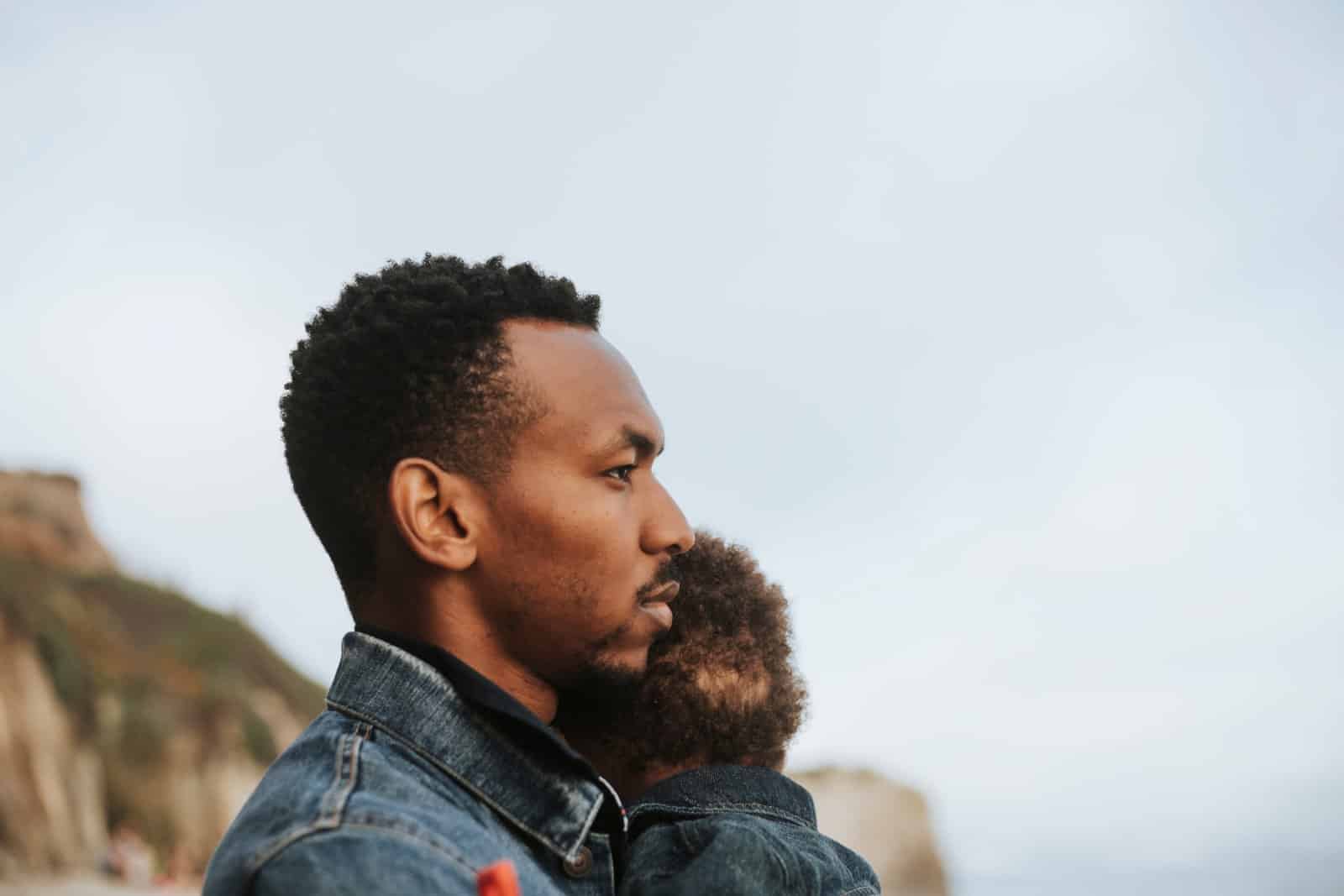
African American fathers often confront stereotypes that do not reflect their reality. Studies from the CDC show that Black fathers are as involved with their children as their counterparts from other races, if not more, yet the prevailing narrative frequently overlooks their dedication and challenges, including systemic obstacles in employment and justice.
3. Asian American Women

Asian American women navigate a complex landscape of cultural expectations and workplace discrimination. The National Asian Pacific American Women’s Forum has highlighted that they face significant wage disparities, earning 85 cents for every dollar earned by white men, and also deal with widespread underrepresentation in leadership roles in businesses and politics.
4. Rural White Americans
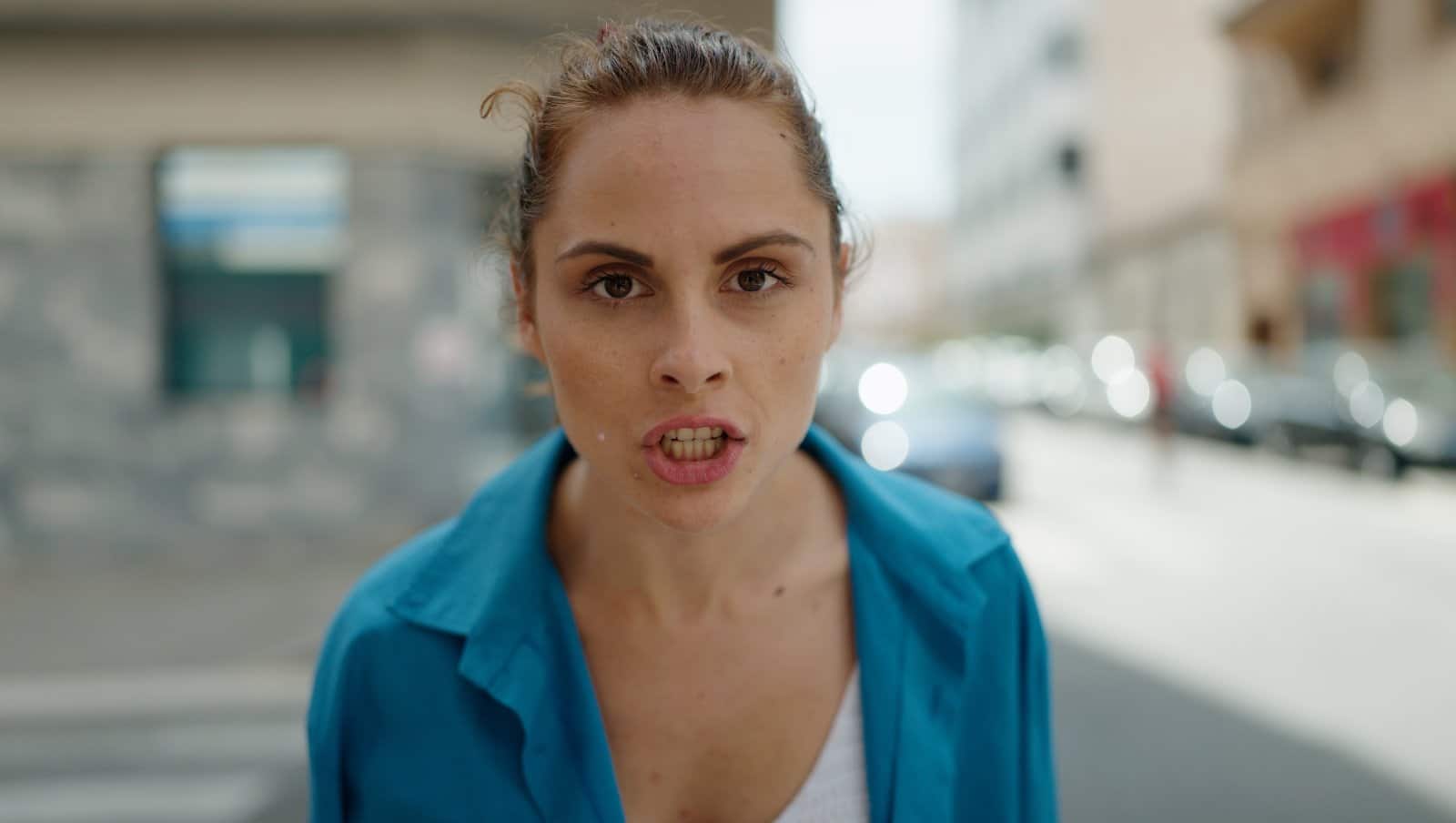
Often stereotyped in media and political discourse, rural white Americans deal with economic hardships and a lack of services. The Economic Innovation Group reports that rural areas are disproportionately affected by unemployment, opioid addiction, and a lack of healthcare facilities, challenging the common narrative of rural prosperity.
5. Middle Eastern Americans

Since 9/11, Middle Eastern Americans have faced heightened prejudice and surveillance. The Arab American Institute outlines that discrimination in employment and violent hate crimes are prevalent issues for this group, yet their experiences are frequently absent from discussions on racial and ethnic equity in the U.S.
6. Children in Foster Care
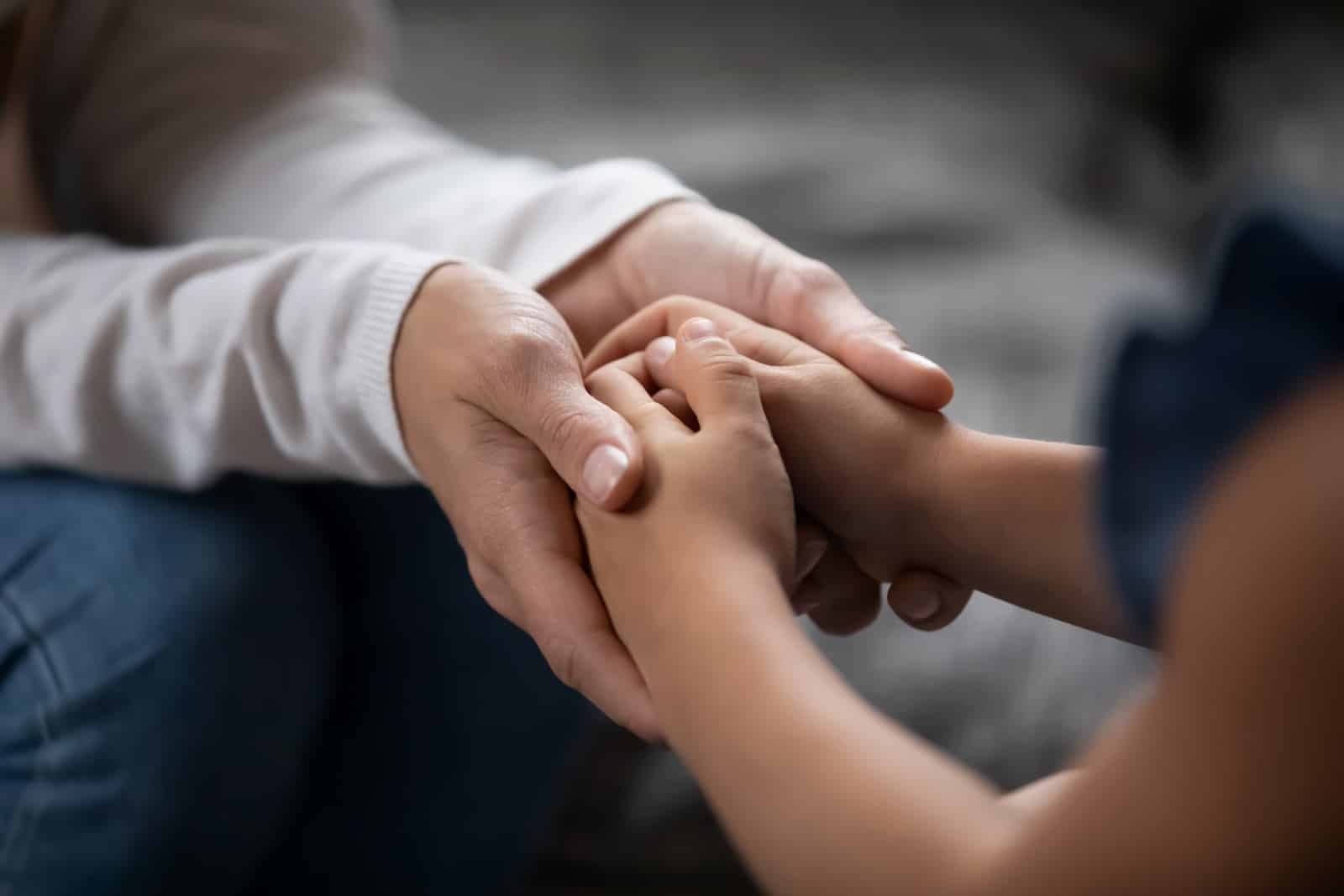
Over 400,000 children are in foster care in the United States, facing uncertainties about their future and stability. The Children’s Defense Fund indicates that these children are at a higher risk of poor educational outcomes, homelessness, and unemployment as adults, yet policy reform focused on their well-being is slow.
7. The Illiterate

Illiteracy affects about 32 million adults in the USA, but this group rarely makes headlines. The National Center for Education Statistics reveals that the lack of literacy skills impacts job opportunities and health outcomes, yet comprehensive adult education programs are chronically underfunded.
8. Formerly Incarcerated People
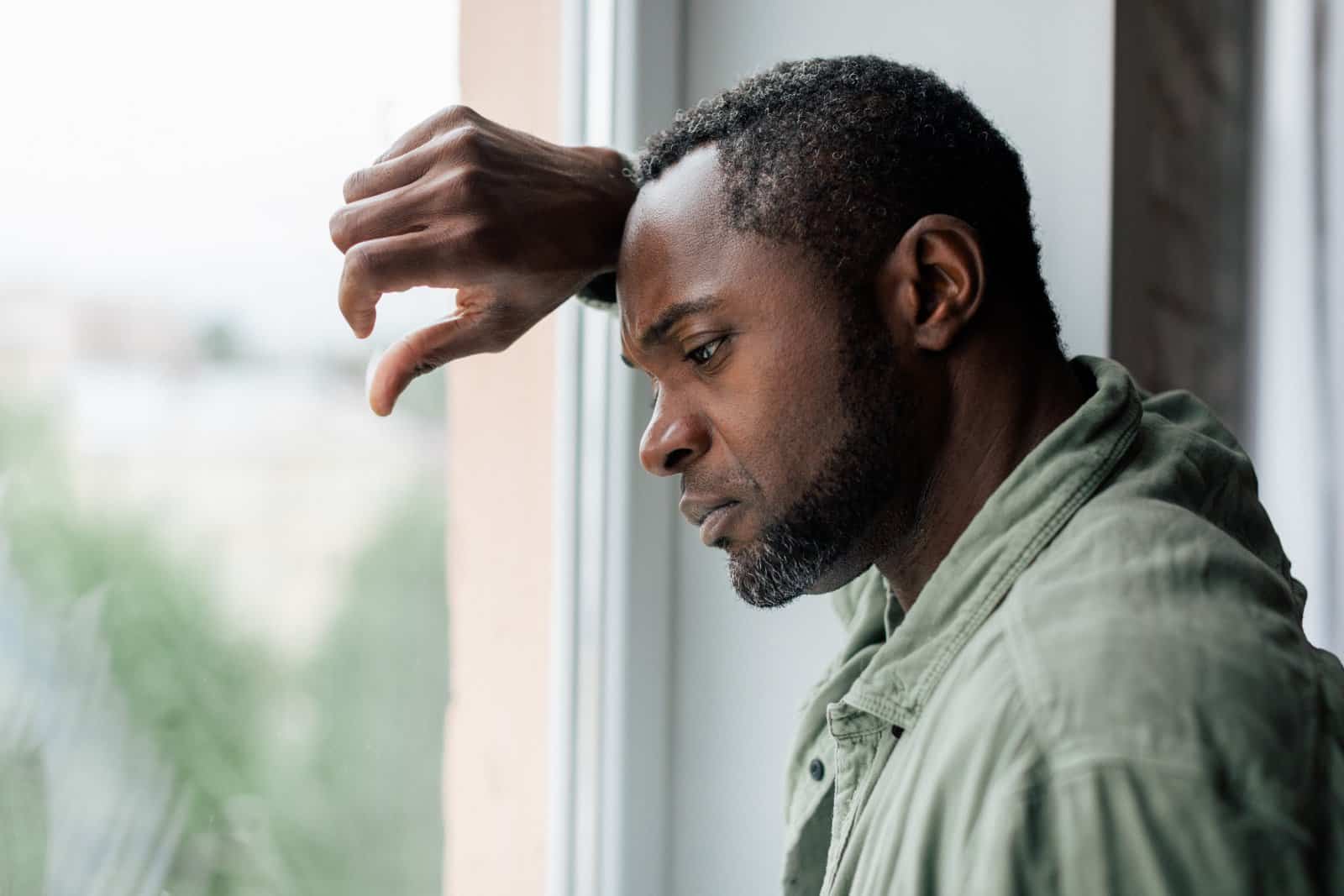
Returning to society with a criminal record comes with immense challenges. The Prison Policy Initiative notes that formerly incarcerated people face a 27% unemployment rate—higher than the U.S. unemployment rate during the Great Depression—with few opportunities for rehabilitation or integration.
9. Single Parents

Single parents, particularly single mothers, face financial instability and societal judgment. According to the U.S. Census Bureau, 30% of single-parent households live below the poverty line, grappling with childcare costs and limited support systems.
10. People With Disabilities
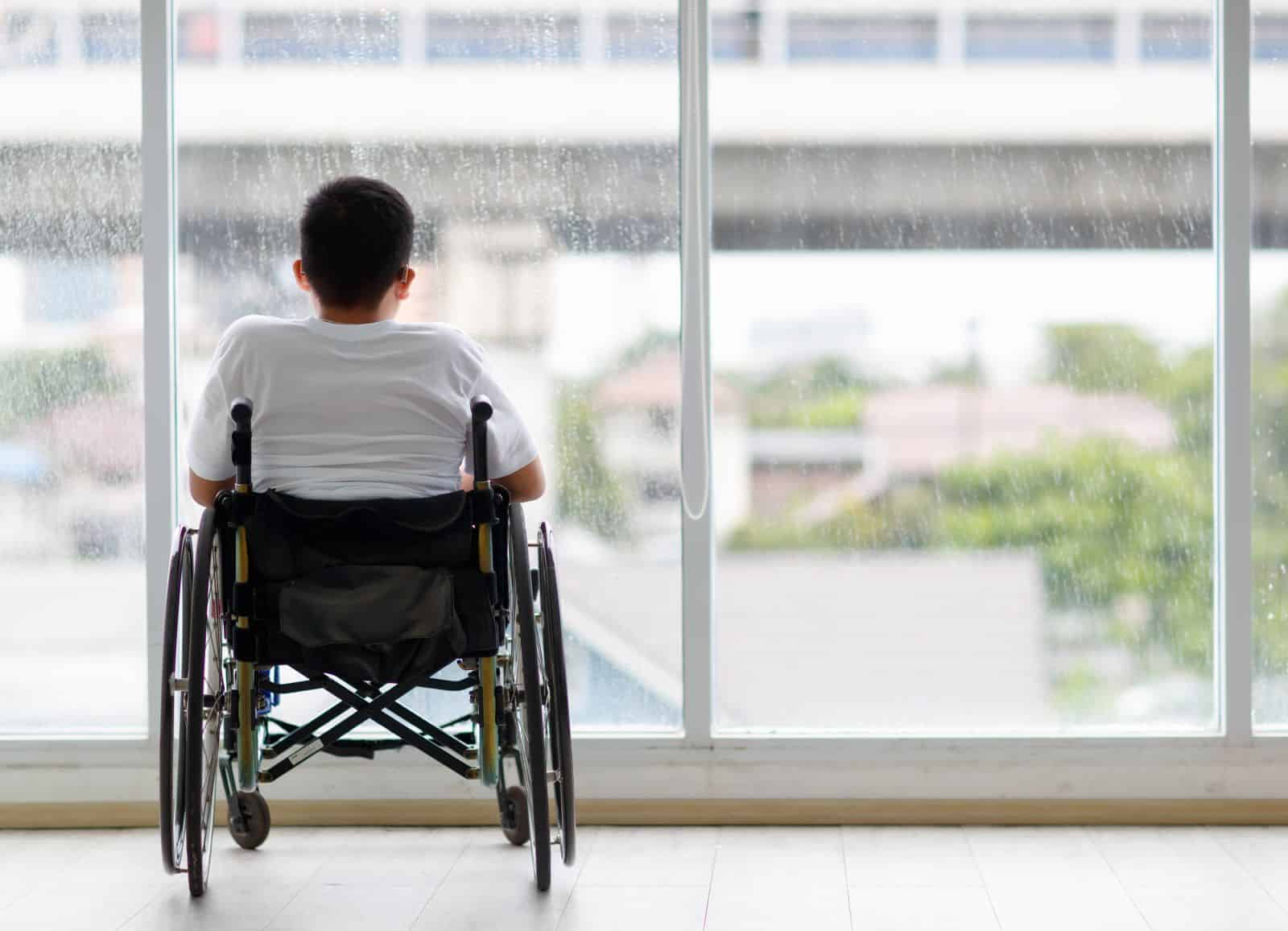
Despite legal protections, people with disabilities often encounter barriers to employment, accessible housing, and healthcare. The American Community Survey reports that 25% of Americans with disabilities experience significant obstacles in daily life, yet their needs are often marginalized in policy discussions.
11. Homeless Individuals
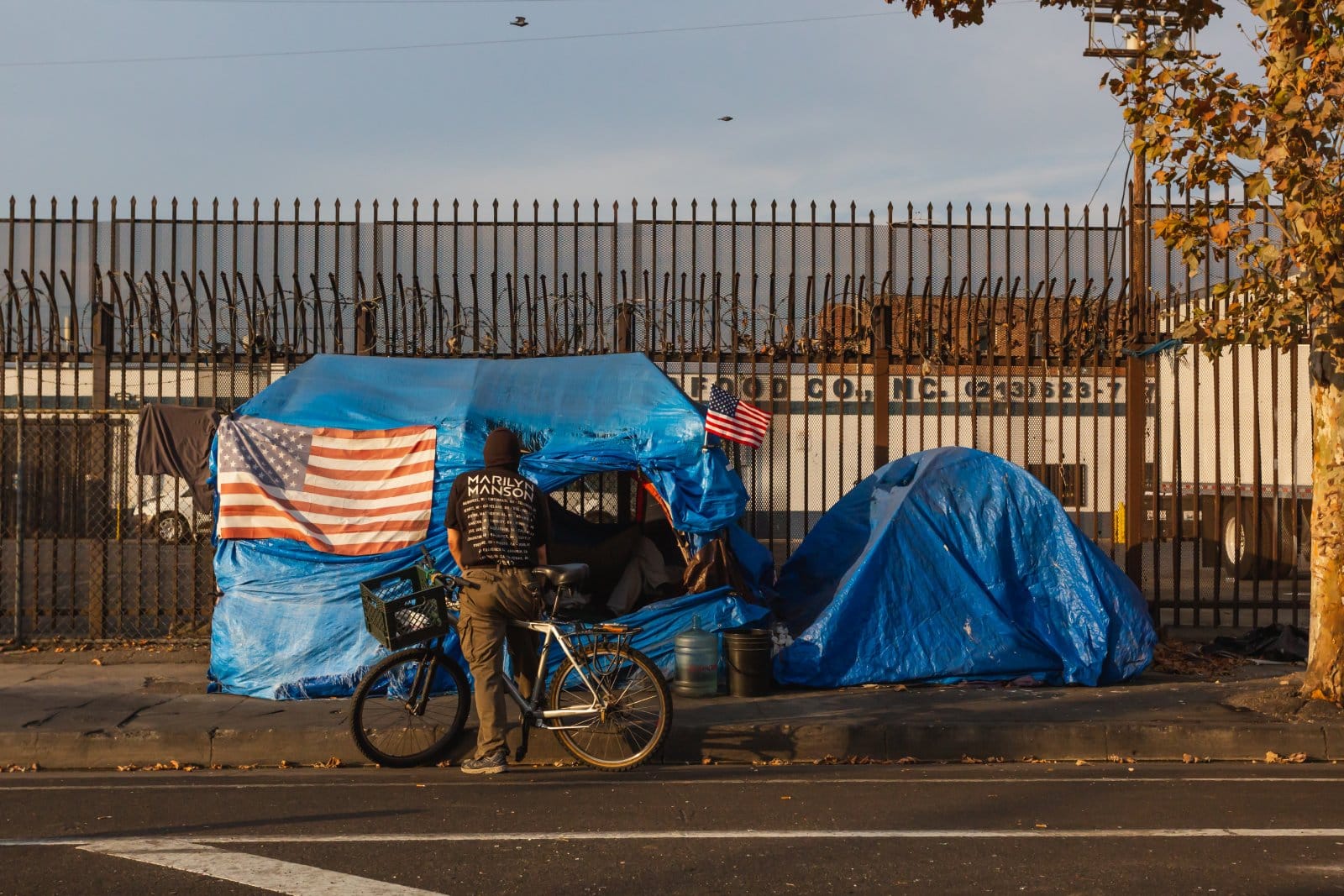
The U.S. Department of Housing and Urban Development estimates that on any given night, over 500,000 people are homeless in America. Their plight is exacerbated by insufficient support programs and increasing criminalization of homelessness in various cities.
12. LGBTQ+ Youth
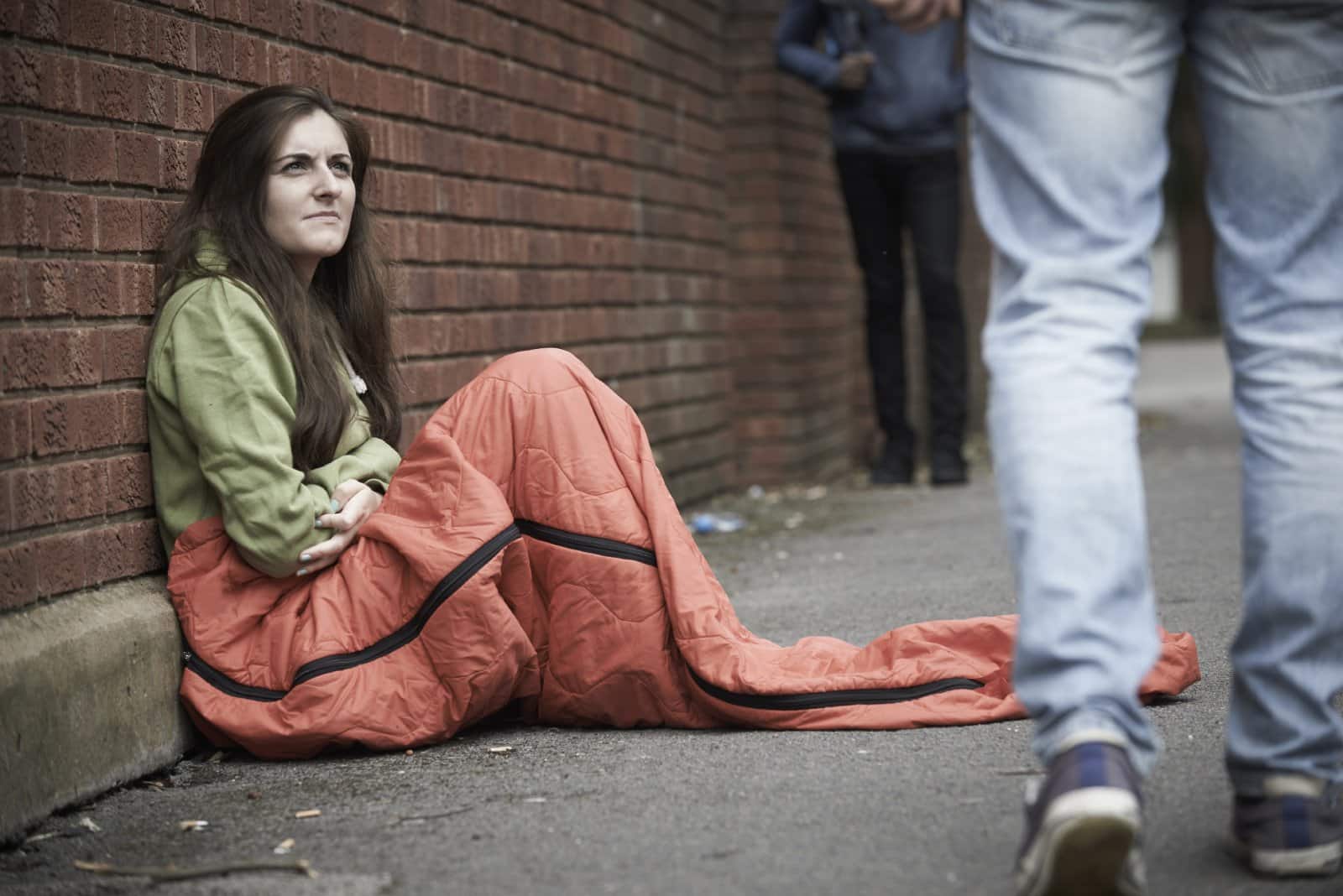
LGBTQ+ youth face higher rates of homelessness and mental health issues than their heterosexual peers. The Trevor Project’s research shows that 40% of homeless youth identify as LGBTQ+, often due to family rejection and discrimination, yet they frequently lack specialized support services.
13. Immigrants in Detention
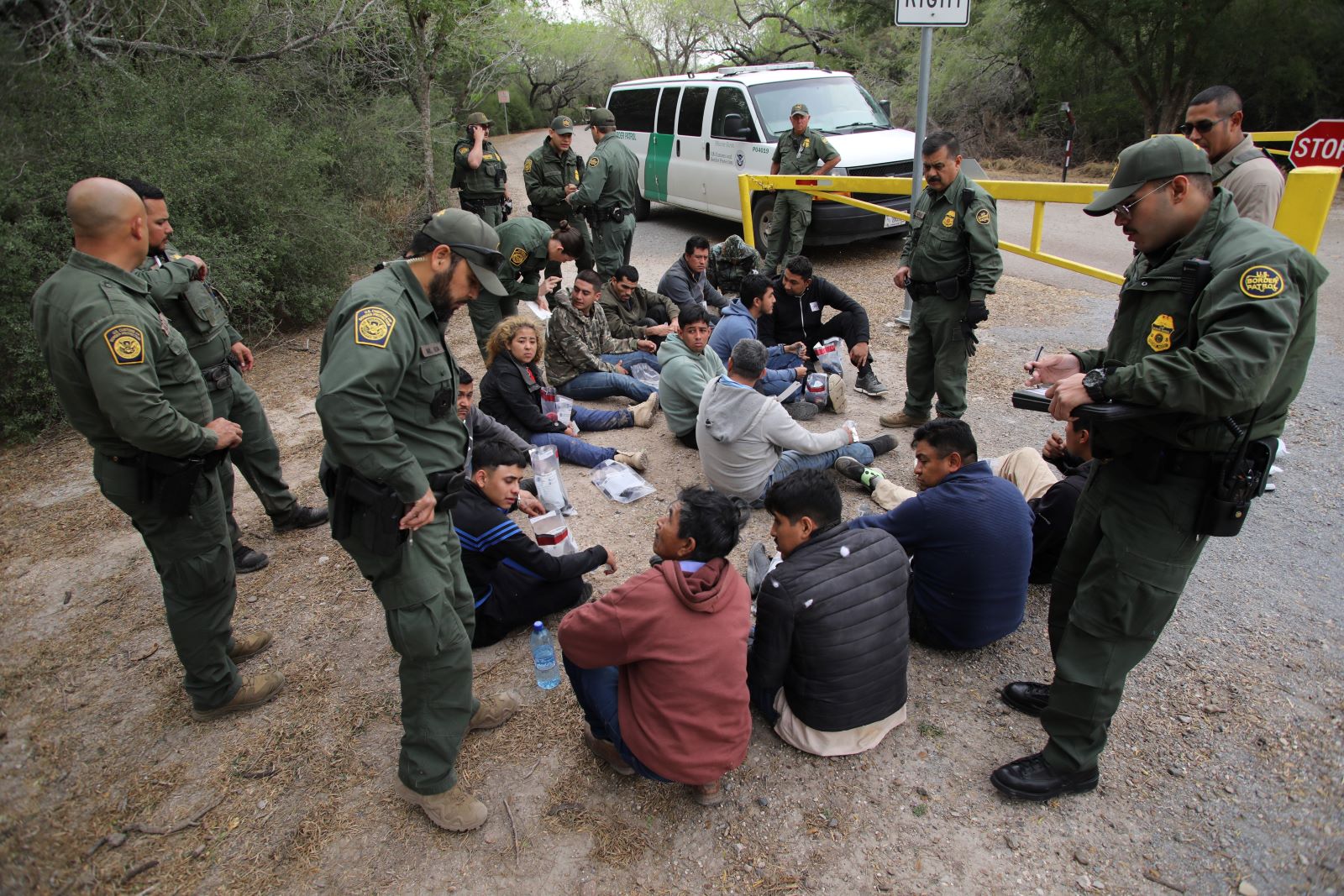
Over 70,000 immigrants are detained on average daily in the U.S., facing conditions that have sparked widespread criticism for human rights abuses. Amnesty International reports on the lack of proper medical care and legal assistance, highlighting the harsh realities of immigration enforcement that often go unreported.
14. Religious Minorities
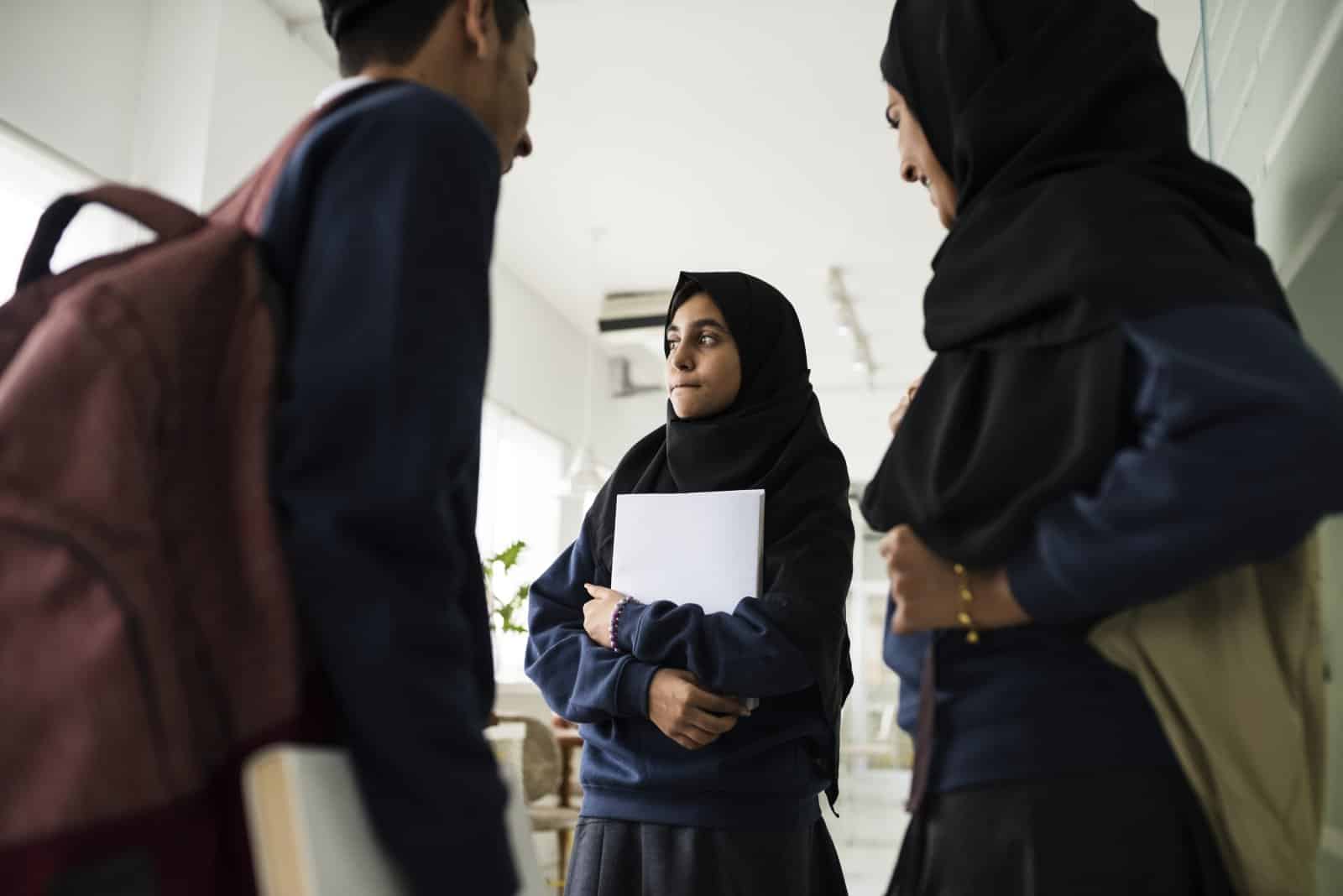
Religious minorities in America, including Sikhs and Muslims, frequently face hate crimes and discrimination. The FBI’s hate crime statistics show that attacks against these groups have surged, yet the protection and representation for these communities remain inadequate.
15. Veterans
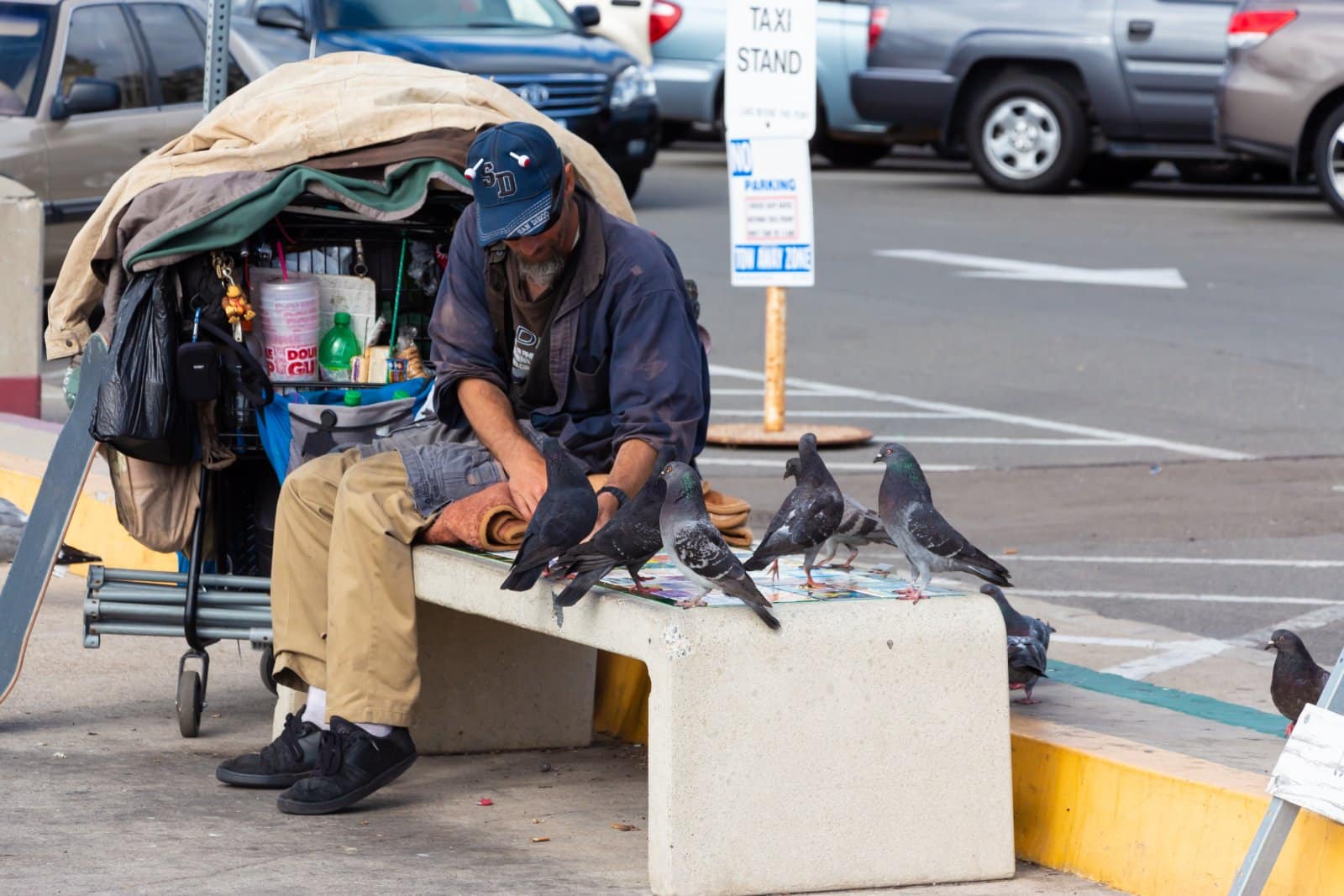
While they serve to protect the nation, many veterans return to face PTSD, homelessness, and unemployment. The Department of Veterans Affairs studies indicate that these issues are prevalent among veterans, but adequate support and recognition of their struggles are often lacking.
16. The Elderly

America’s elderly population is growing, but so are their issues of loneliness, elder abuse, and financial insecurity. The National Council on Aging reports that over 25% of people aged 65 and above live at or below the poverty line, with societal respect and care for the elderly not keeping pace with their increasing numbers.
17. People Living in Food Deserts
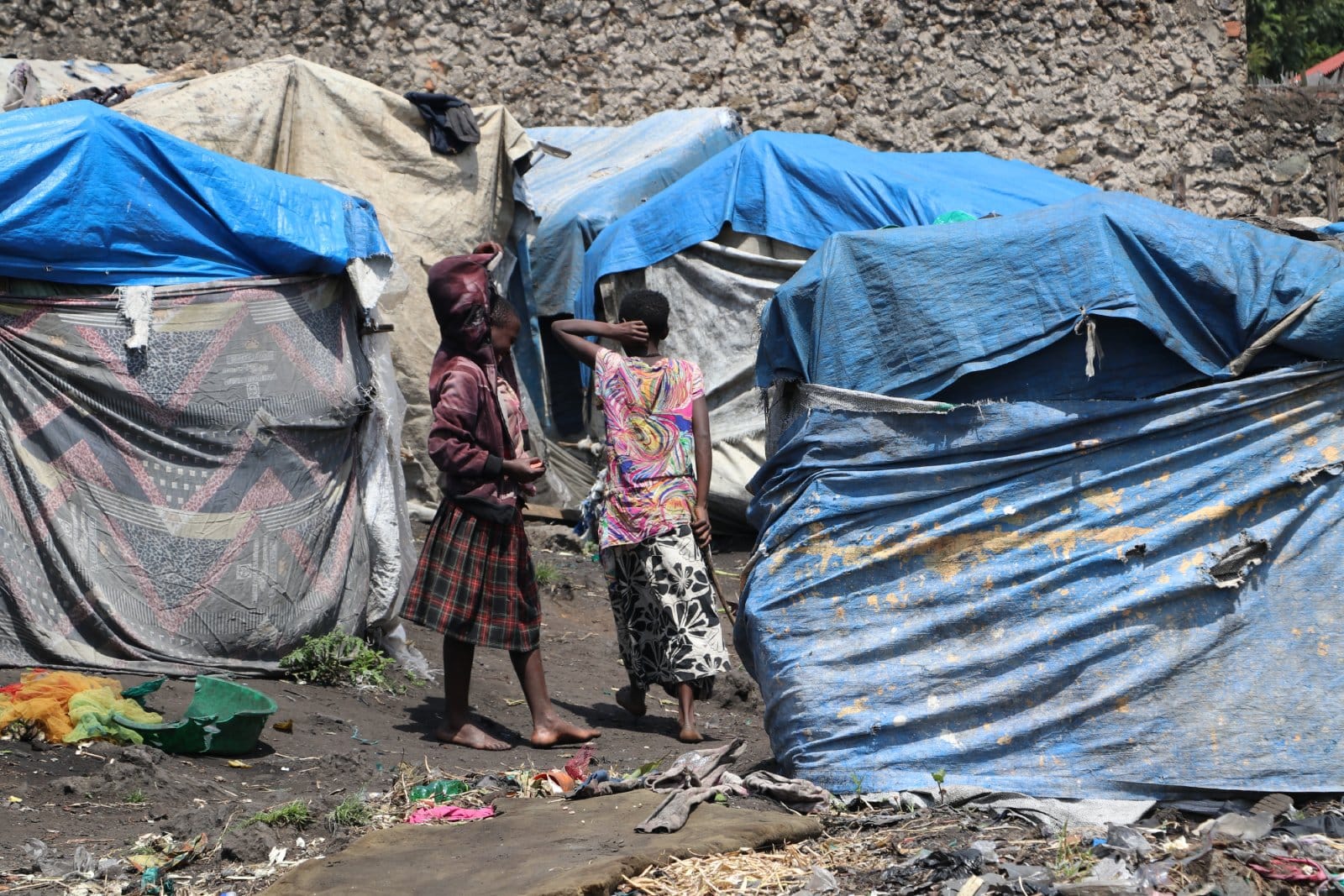
Millions live in food deserts, where access to affordable and healthy food options is severely limited. The USDA identifies these areas as significantly impacting the health and economic well-being of communities, particularly affecting low-income and minority groups.
18. Those Exiting Cults or Closed Religious Communities
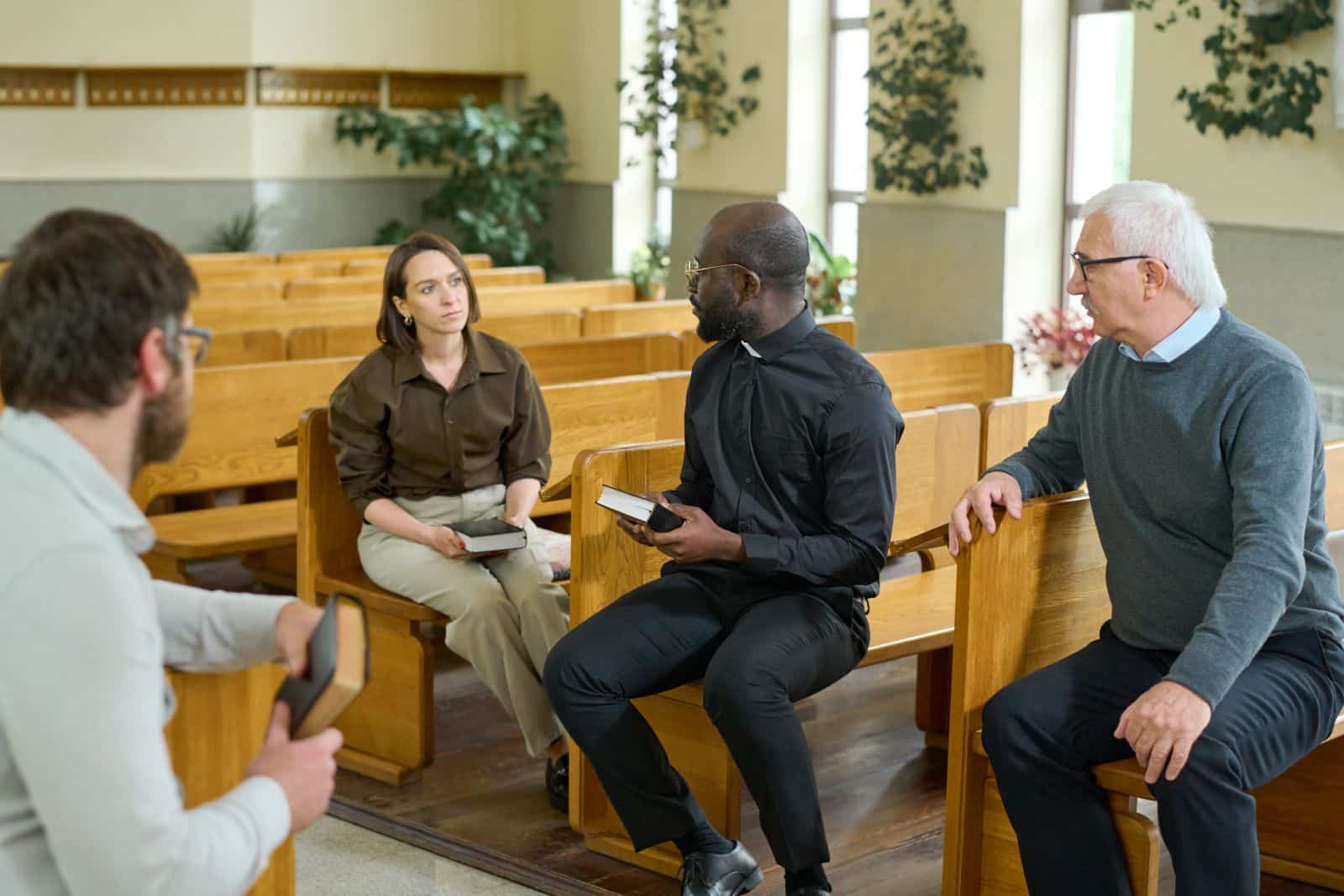
Individuals who leave closed religious groups or cults often face profound challenges in adapting to mainstream society. The lack of support for these people, who must often navigate a whole new world alone, is a significant oversight in the fabric of social services.
19. Migrant Farm Workers
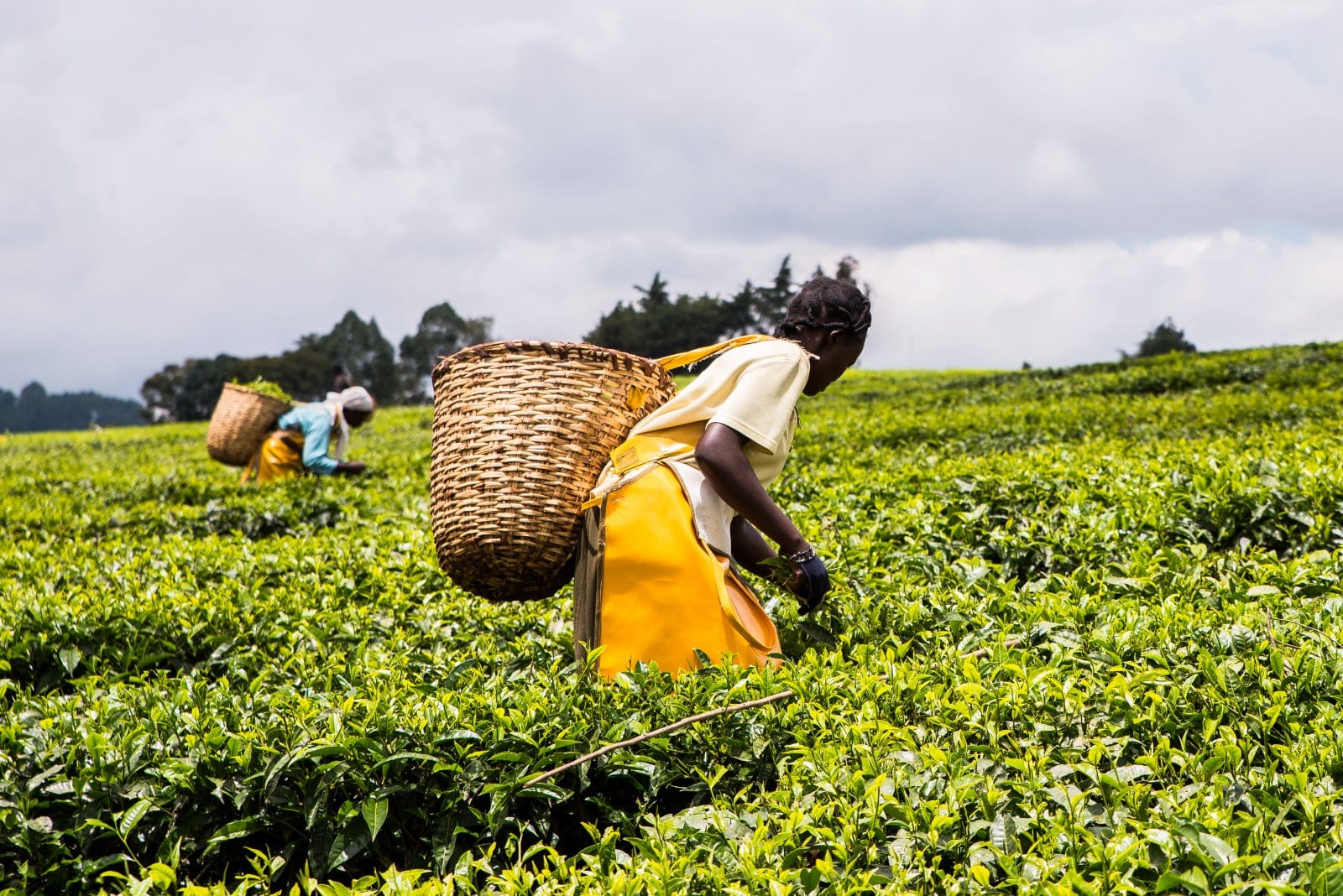
Migrant farm workers contribute significantly to the U.S. economy but face exploitation, poor working conditions, and lack of legal protections. Reports from the Department of Labor highlight these issues, yet there is minimal progress in improving conditions or rights for these essential workers.
20. The Digitally Disconnected
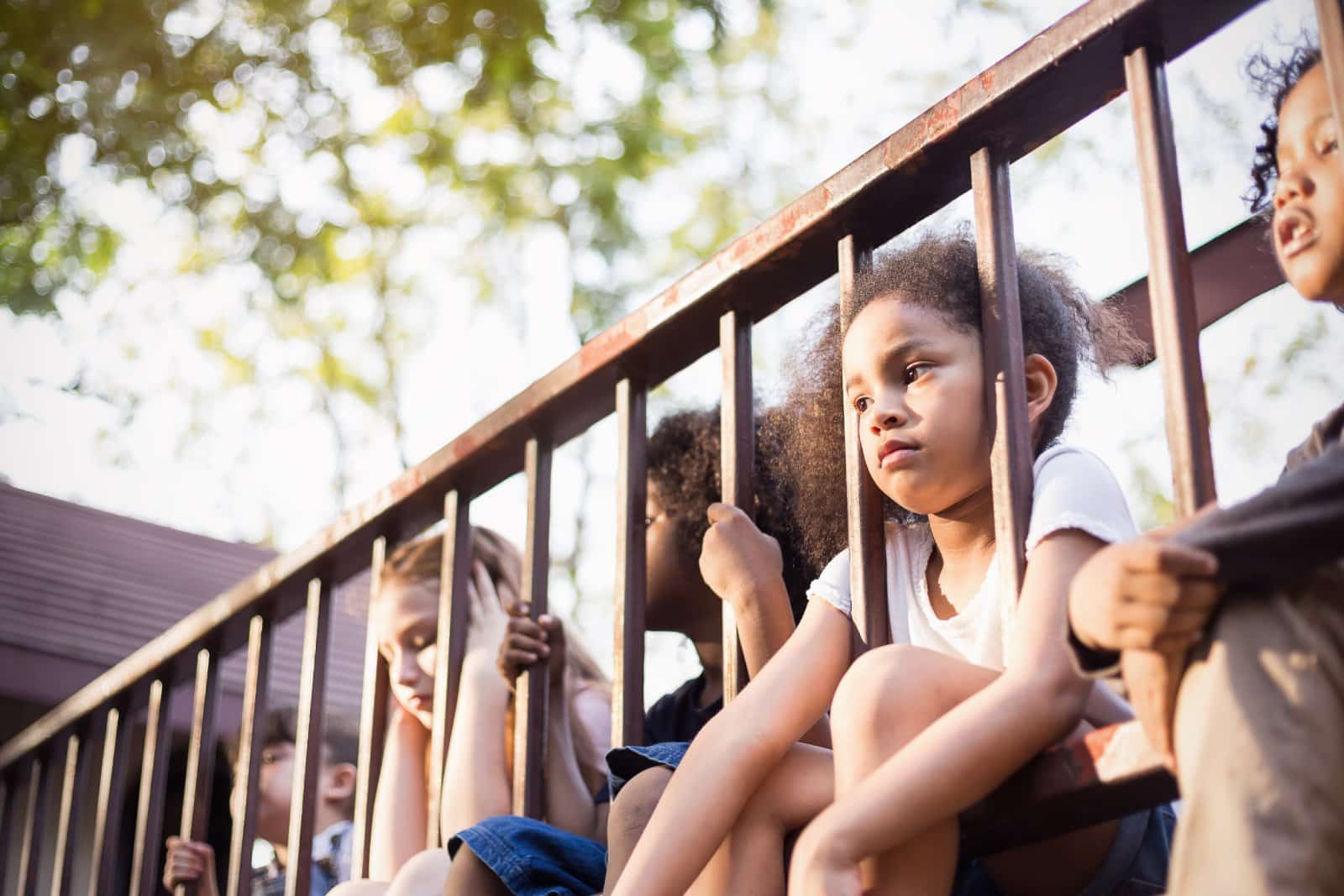
In an increasingly online world, those without internet access—about 10% of the U.S. population, according to the FCC—miss out on educational, economic, and social opportunities. This digital divide perpetuates inequality, yet comprehensive initiatives to bridge this gap are sparse.
Time to Tune In, Not Tune Out

While some might wrap themselves in the flag and tout the greatness of our nation, it’s clear that not everyone is sharing in that greatness. The rest of the world watches in dismay at how these groups are overlooked in the supposed land of opportunity.
21 Ignorant Lies About Americans the Rest of the World Claims Are True
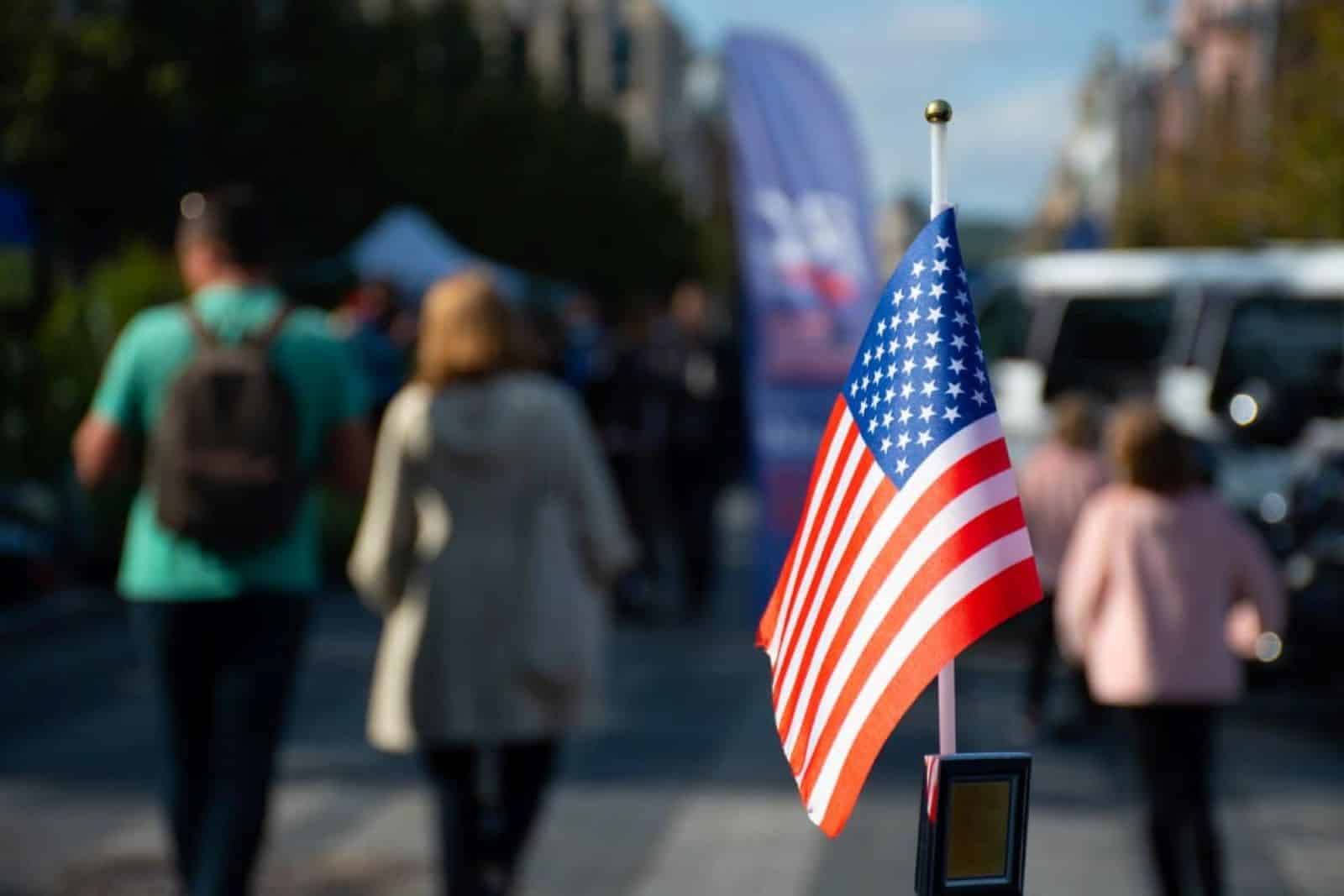
Americans are often the subject of wild assumptions and exaggerated stereotypes. Are these misconceptions affecting how the world views the average American? 21 Ignorant Lies About Americans the Rest of the World Claims Are True
Flawed Gender Tests: Olympic Committee Sends Plea to Boxing Officials

The International Olympic Committee has declared old boxing gender tests as flawed and illegitimate. This has arisen amid discussions regarding gender in Olympic female boxing matches. Flawed Gender Tests: Olympic Committee Sends Plea to Boxing Officials
Social Security Sham: 18 States Slashing Benefits
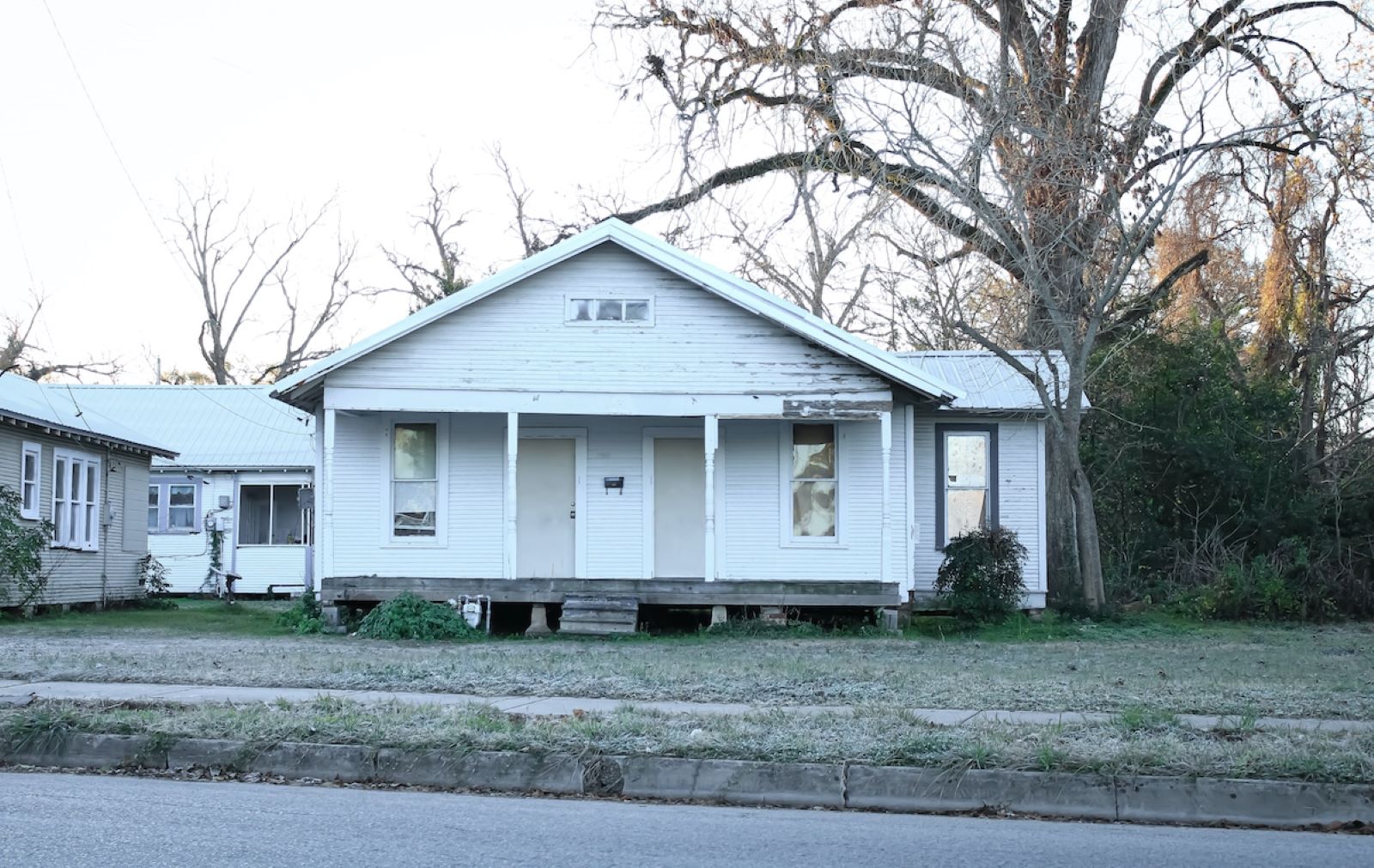
When you think about retiring, you might picture relaxing and traveling during your golden years. Social Security benefits help with this, but taxes can change depending on where you live. In some states, you might end up paying more taxes on your benefits. Let’s check out the 18 states where retirees face higher taxes on their Social Security benefits. It’s important to know so you can plan ahead and make the most of your retirement savings. Social Security Sham: 18 States Slashing Benefits
Featured Image Credit: Shutterstock / PeopleImages.com – Yuri A.
For transparency, this content was partly developed with AI assistance and carefully curated by an experienced editor to be informative and ensure accuracy.
The images used are for illustrative purposes only and may not represent the actual people or places mentioned in the article.

